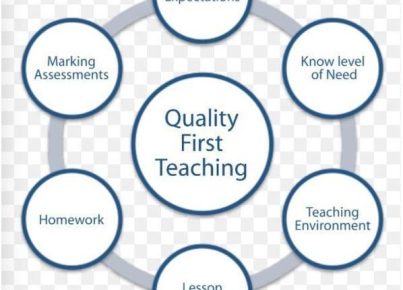Introduction:
Many educators and parents once believed that self-regulation was an innate skill, something you either had or didn’t have. However, recent research has demonstrated that self-regulation can indeed be taught, just like reading or mathematics. This article explores three inspiring schools that are successfully teaching their students self-regulation skills, ultimately helping them in both their academic and personal lives.
1. Mindful Charter School: Building Awareness Through Mindfulness
At the heart of Mindful Charter School’s approach to teaching self-regulation is mindfulness—a deliberate focus on the present moment with kindness and curiosity. The school incorporates mindfulness practices such as deep breathing, meditation, and focused attention exercises into daily routines to help students develop their self-regulation skills over time.
Teachers at Mindful Charter School also provide explicit instruction on recognizing emotions and coping strategies for stress and anxiety. Students engage in regular reflections on their thoughts and emotions to build awareness of their internal states, ultimately fostering greater self-regulation.
2. The Growth Academy: Cultivating Emotional Intelligence
The Growth Academy focuses on teaching students emotional intelligence (EQ) as a means to enhance self-regulatory abilities. Students learn about five core components of EQ—self-awareness, self-regulation, motivation, empathy, and social skills—and how these components interrelate.
Through lectures, discussions, role-playing activities, and team-building exercises, students develop a deeper understanding of their emotions and the emotions of others. Teachers at The Growth Academy emphasize that practicing EQ can be transformative for students who struggle with self-regulation.
3. Harmony High School: Empowering Students with Cognitive Strategies
Harmony High School’s unique approach to teaching self-regulation revolves around empowering students with cognitive strategies like goal-setting, prioritizing tasks, managing time effectively, and evaluating progress.
Teachers help students develop personalized strategies suited to their strengths and challenges by consistently providing feedback and encouraging self-assessment. Harmony High School fosters a strong sense of community, where students feel safe to express themselves and take advantage of the numerous cognitive tools at their disposal.
Conclusion:
Self-regulation is increasingly being recognized as a critical skill that can significantly impact academic achievement, mental health, and personal development. By integrating mindfulness, emotional intelligence, and cognitive strategies into their curricula, the schools highlighted in this article not only challenge the notion that self-regulation can’t be taught but also provide valuable examples for other learning institutions. With increased awareness and support for teaching self-regulation, educators worldwide can help develop a generation of confident, emotionally intelligent individuals prepared for life’s challenges.





